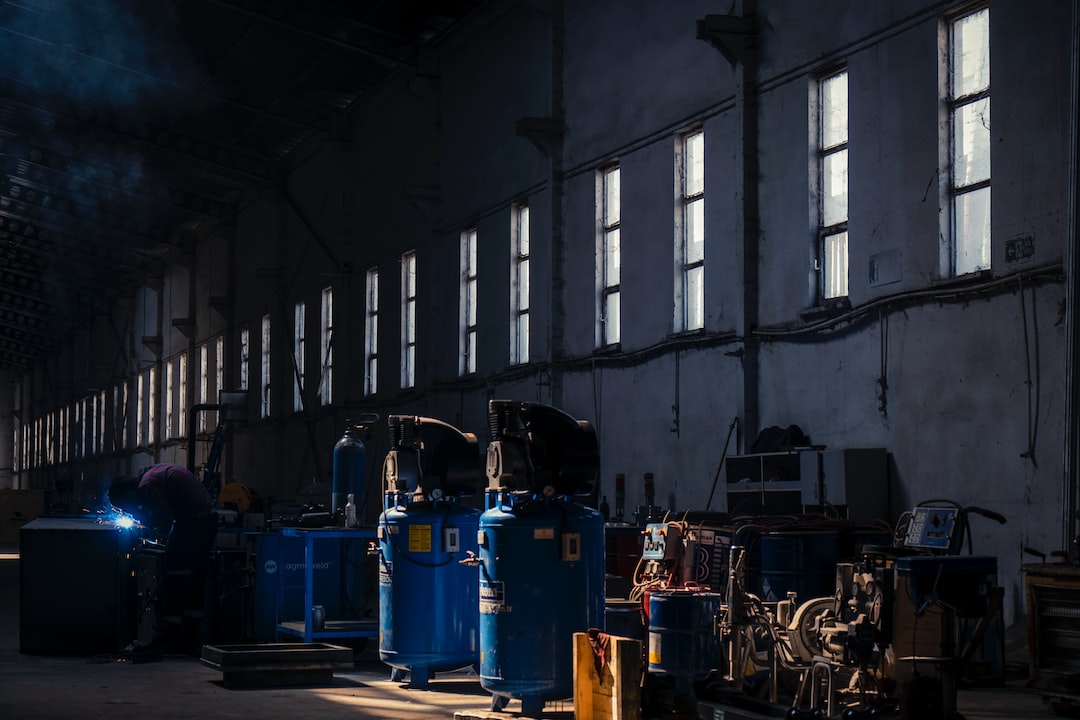Promoting Diversity and Inclusion in the Manufacturing Workforce
The manufacturing industry plays a crucial role in our global economy, providing employment opportunities for millions of individuals worldwide. However, it is essential to recognize that for many years, the manufacturing workforce was predominantly male-dominated and lacking in diversity. In recent years, there has been an increased awareness of the importance of promoting diversity and inclusion in this sector. Companies are now actively working towards creating more inclusive and diverse work environments, which ultimately leads to a stronger and more innovative workforce.
Why is promoting diversity and inclusion important in the manufacturing workforce? Firstly, diversity brings a variety of perspectives, experiences, and skills to the table. By having individuals from different backgrounds and cultures, companies can tap into a wealth of creativity and innovative thinking. Diverse teams enhance problem-solving abilities and bring different ideas to the forefront, leading to more efficient and effective outcomes. In a rapidly evolving industry like manufacturing, embracing diversity can give companies a competitive edge.
Secondly, inclusion is vital in fostering a work environment where all individuals feel valued and respected. Employees who feel included are more likely to be engaged and motivated, resulting in higher productivity levels. A culture of inclusion also encourages collaboration and teamwork, allowing employees to work together towards common goals. Inclusion promotes a sense of belonging, which contributes to employee satisfaction and retention. By cultivating an inclusive environment, manufacturers can attract and retain top talent from a variety of backgrounds.
So, how can manufacturing companies promote diversity and inclusion in their workforce? Firstly, it starts with leadership commitment. Executives and managers must lead by example and advocate for diversity and inclusion. They can create policies and initiatives that promote diversity recruitment and provide equal opportunities for all employees. By setting clear goals and holding themselves accountable, leaders can drive change within their organizations.
Manufacturers can also implement diversity training programs to educate their employees on the value of diversity and the importance of inclusive behaviors. These programs can include workshops on unconscious bias, cultural awareness, and respectful communication. Training employees to recognize their biases and embrace diversity fosters a more inclusive and respectful work environment.
Additionally, companies can actively seek out diverse talent through targeted recruitment strategies. By partnering with organizations that support underrepresented groups and attending job fairs that cater to diverse candidates, manufacturers can expand their talent pool and create more opportunities for individuals from various backgrounds.
Finally, manufacturers should establish Employee Resource Groups (ERGs) that provide a platform for employees to connect with others who share similar backgrounds or experiences. ERGs can help employees feel supported and provide a space for networking and professional development. These groups can also serve as a forum for employees to share their perspectives and contribute ideas to foster a more inclusive workplace.
In conclusion, promoting diversity and inclusion in the manufacturing workforce is essential for long-term success and competitiveness. By embracing diversity and creating inclusive work environments, manufacturers can tap into a wide range of perspectives and skills, leading to increased innovation and productivity. Through leadership commitment, diversity training, targeted recruitment strategies, and the establishment of Employee Resource Groups, manufacturers can actively promote diversity and inclusion, creating a workforce that thrives on its diverse strengths.

